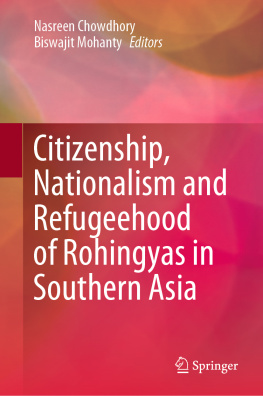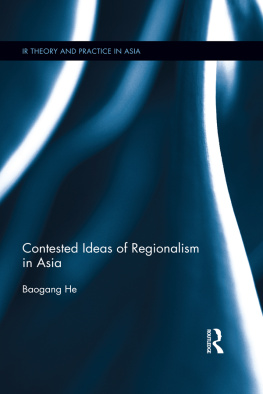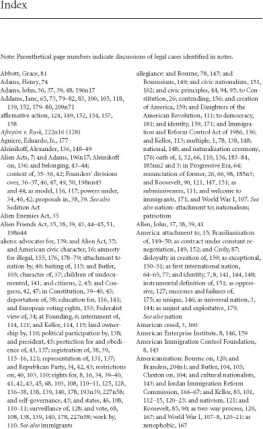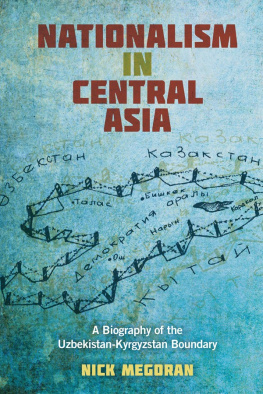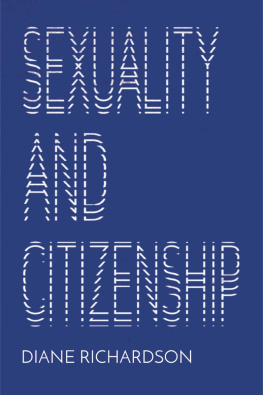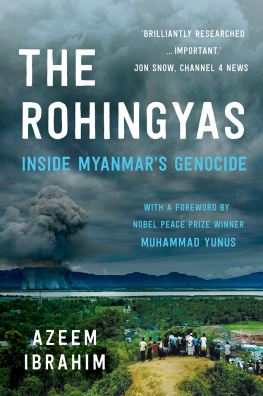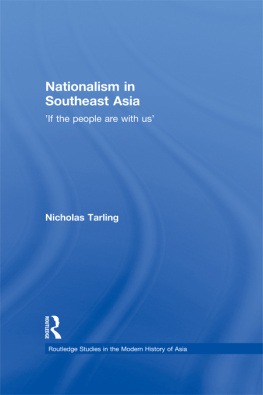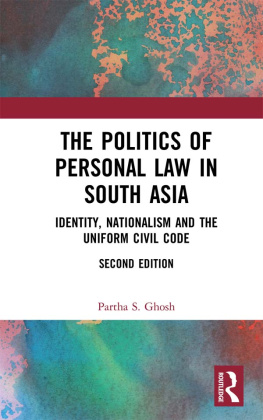Nasreen Chowdhory - Citizenship, Nationalism and Refugeehood of Rohingyas in Southern Asia
Here you can read online Nasreen Chowdhory - Citizenship, Nationalism and Refugeehood of Rohingyas in Southern Asia full text of the book (entire story) in english for free. Download pdf and epub, get meaning, cover and reviews about this ebook. year: 2020, publisher: Springer Singapore, genre: Politics. Description of the work, (preface) as well as reviews are available. Best literature library LitArk.com created for fans of good reading and offers a wide selection of genres:
Romance novel
Science fiction
Adventure
Detective
Science
History
Home and family
Prose
Art
Politics
Computer
Non-fiction
Religion
Business
Children
Humor
Choose a favorite category and find really read worthwhile books. Enjoy immersion in the world of imagination, feel the emotions of the characters or learn something new for yourself, make an fascinating discovery.
- Book:Citizenship, Nationalism and Refugeehood of Rohingyas in Southern Asia
- Author:
- Publisher:Springer Singapore
- Genre:
- Year:2020
- Rating:3 / 5
- Favourites:Add to favourites
- Your mark:
- 60
- 1
- 2
- 3
- 4
- 5
Citizenship, Nationalism and Refugeehood of Rohingyas in Southern Asia: summary, description and annotation
We offer to read an annotation, description, summary or preface (depends on what the author of the book "Citizenship, Nationalism and Refugeehood of Rohingyas in Southern Asia" wrote himself). If you haven't found the necessary information about the book — write in the comments, we will try to find it.
Citizenship, Nationalism and Refugeehood of Rohingyas in Southern Asia — read online for free the complete book (whole text) full work
Below is the text of the book, divided by pages. System saving the place of the last page read, allows you to conveniently read the book "Citizenship, Nationalism and Refugeehood of Rohingyas in Southern Asia" online for free, without having to search again every time where you left off. Put a bookmark, and you can go to the page where you finished reading at any time.
Font size:
Interval:
Bookmark:
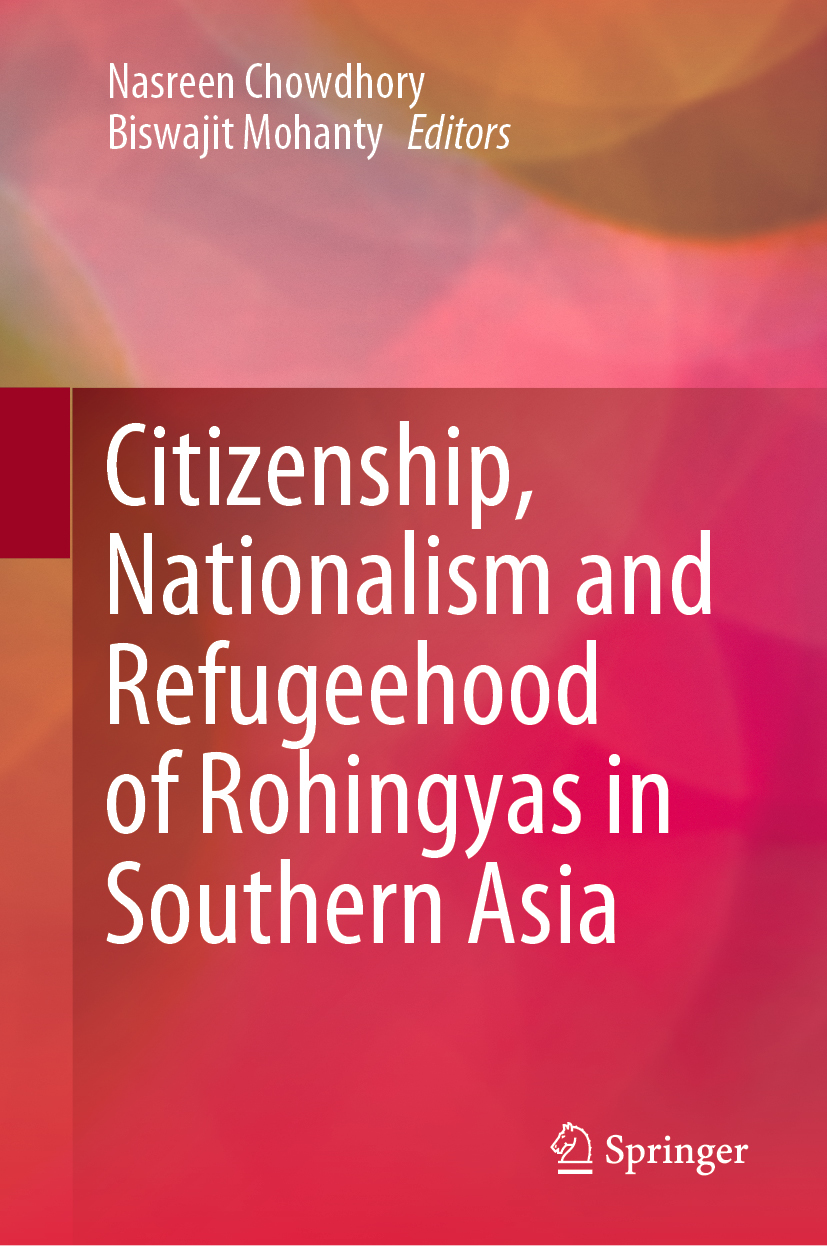

This Springer imprint is published by the registered company Springer Nature Singapore Pte Ltd.
The registered company address is: 152 Beach Road, #21-01/04 Gateway East, Singapore 189721, Singapore
The official agenda for justice of migrants have always been set by the global north. The notion of a refugee as a legal category was born out of the Refugee Convention of 1951. It has been argued by scholars such as B. S. Chimni that the characterization of refugee as elucidated in the 1951 Convention was Eurocentric. Therefore, none of the South Asian countries felt any urge to become a signatory to the Convention. In South Asia, the largest refugee-generating phenomenon was the partition of the subcontinent in 1947 where, by a conservative estimate, 15 million people were displaced. The Refugee Convention did not make any specific provisions toward the partition refugees, who were a special category of the displaced, and so the apathy of the South Asian states to be a signatory to the Convention. However, most of the South Asian countries endorsed the principles ofnon-refoulementportraying that they were willing to accept northern standards on justice. This proved to be extremely critical because with the changes in the European and other northern regions attitude to justice for the migrants/displaced South Asian attitudes to the displaced changed profoundly. The largest number of partition refugees was rehabilitated not just institutionally but also through individual initiatives. But progressively with the change in the northern gaze on refugees, South Asian gaze shifted too. That South Asian attitude to refugees has become analogous to European attitude to the African refugees in the present times can be ascertained if one studies South Asian attitude to the Rohingya refugees.
Arguably, the word Rohingya came from the word Rohang, which was the historical name given to Arakan. The treaty of Yandaboo of 1826 led to the absorption of the Arakan Hills into the British Empire. The border between Arakan and Bengal was always porous leading to cross-border exchanges;and during the nineteenth century, the Arakan region witnessed migrations from Bengali Muslims into the Arakan Hills. These Bengali Muslims hailed from Chittagong. However, there is enough evidence to suggest that there was a Muslim presence in the Arakan Hills even before the arrival of the Bengali Muslims from Chittagong. After Burmas independence in 1948, the political demands of the Buddhist and the Muslims from the Arakan Hills were never met. In 1962 when Ne Win seized power, the situation of ethnic and religious minorities became precarious. Consequently, in 1982, the new Citizenship Act made it impossible for Muslims to become full citizens and they were given the status of associate citizen. As for the Rohingyas, they became a stateless community in 1982 when the Myanmar citizenship law excluded them from the list of 135 national ethnic groups.
The situation of Rohingyas became progressively more precarious. For decades, Rohingyas have been subjected to excessive violence. In 1989, the Myanmar government issued a colour-coded scrutiny card for citizens, but Rohingyas were not issued any card. On 21 February 1992, U. Ohn Gyaw, the Foreign Affairs Minister of Myanmar, announced: Historically, there has never been a Rohingya race in Myanmar? Since the first Anglo-Myanmar War in 1824, people of Muslim faith from the adjacent country illegally entered Myanmar Naing-Ngan, particularly Rakhine State. Being illegal immigrants, they do not hold immigration papers like other nationals of the country. From 1995, as a result of enormous pressure from the UNHCR, the Rohingyas were given a white card that could not be used to claim citizenship as that card did not mention a persons citizenship. Thereafter, the situation of the Rohingyas did not improve at all.
In 2015, the trials and tribulations of Rohingyas became known to the world when it was discovered that hundreds of Rohingyas were perishing in the boats as they were trying to escape persecution in Myanmar. None of the other countries in the region were willing to take in the Rohingyas. The plight of Rohingyas in high seas led to protest by international human rights regime when open graves were discovered in Thailand. This more than any other event revealed the precarious situation of the Rohingya population. For the Rohingyas, there are no safe options. In March 2017, another crackdown of Rohingya Muslims was defended by the Myanmar government as counter-insurgency operations. Social scientists call the Rohingyas the worlds most persecuted minority without citizenship. As for Rohingya women, their situation is even worse. According to one observer, because of the diversity among Burmas 135 officially-recognized ethnic groups generalizing about them is risky. However, there clearly exists a country-wide pattern to the abuses suffered by Karen, Karenni, Mon, Shan, Kachin, Chin, Arakanese, Rohingya, and other ethnic women. Among the groups mentioned, the Rohingya women are worst off because they belong to a stateless community. A 440-page report by UN Human Rights Council (UNHRC) released in August 2018 details the persistence of crime against Rohingya women in Myanmar. The report includes accounts of women tied by their hair or hands to trees then raped; young children trying to flee burning houses but forced back inside; widespread use of torture with bamboo sticks, cigarettes and hot wax; and landmines placed at the escape routes from villages, killing people as they fled army crackdowns.
Font size:
Interval:
Bookmark:
Similar books «Citizenship, Nationalism and Refugeehood of Rohingyas in Southern Asia»
Look at similar books to Citizenship, Nationalism and Refugeehood of Rohingyas in Southern Asia. We have selected literature similar in name and meaning in the hope of providing readers with more options to find new, interesting, not yet read works.
Discussion, reviews of the book Citizenship, Nationalism and Refugeehood of Rohingyas in Southern Asia and just readers' own opinions. Leave your comments, write what you think about the work, its meaning or the main characters. Specify what exactly you liked and what you didn't like, and why you think so.

